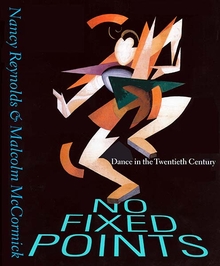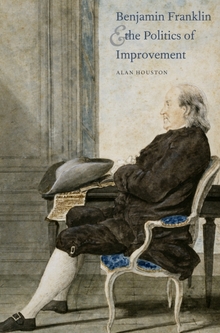Pathologies of Motion
WARNING
You are viewing an older version of the Yalebooks website. Please visit out new website with more updated information and a better user experience: https://www.yalebooks.com
Historical Thinking in Medicine, Aesthetics, and Poetics
Kevis Goodman
An original study of late Enlightenment aesthetics, poetics, and environmental medicine as overlapping ways of comprehending the dislocations of historical existence lodged in the movements of bodies and minds
This book studies later eighteenth-century medicine, aesthetics, and poetics as overlapping forms of knowledge increasingly concerned about the relationship between the geographical movements of persons displaced from home and the physiological or nervous “motions” within their bodies and minds. Looking beyond familiar narratives about medicine and art’s shared therapeutic and harmonizing ideals, this book explores Enlightenment and Romantic-era aesthetics and poetics in relation to a central but less well known area of eighteenth-century environmental medicine: pathology.
No mere system of diagnosis or classification, philosophical pathology was an art of interpretation, offering sophisticated ways of reading the multiple conditions and causes of disease, however absent from perception, in their palpable, embodied effects. For medical, anthropological, environmental, and literary authors alike, it helped to locate the dislocations of modern mobility when a full view of their causes and conditions remained imperfectly understood or still unfolding. Goodman traces the surprising afterlife of the period’s exemplary but unexplained pathology of motion, medical nostalgia, within aesthetic theory and poetics, arguing that nostalgia persisted there not as a named condition but as a set of formal principles and practices, perturbing claims about the harmony, freedom, and free play of the mind.
Kevis Goodman is professor of English at the University of California, Berkeley. In addition to published essays and edited collections, she is the author of Georgic Modernity and British Romanticism: Poetry and the Mediation of History.
Publication Date: January 17, 2023
2 b/w illus.













